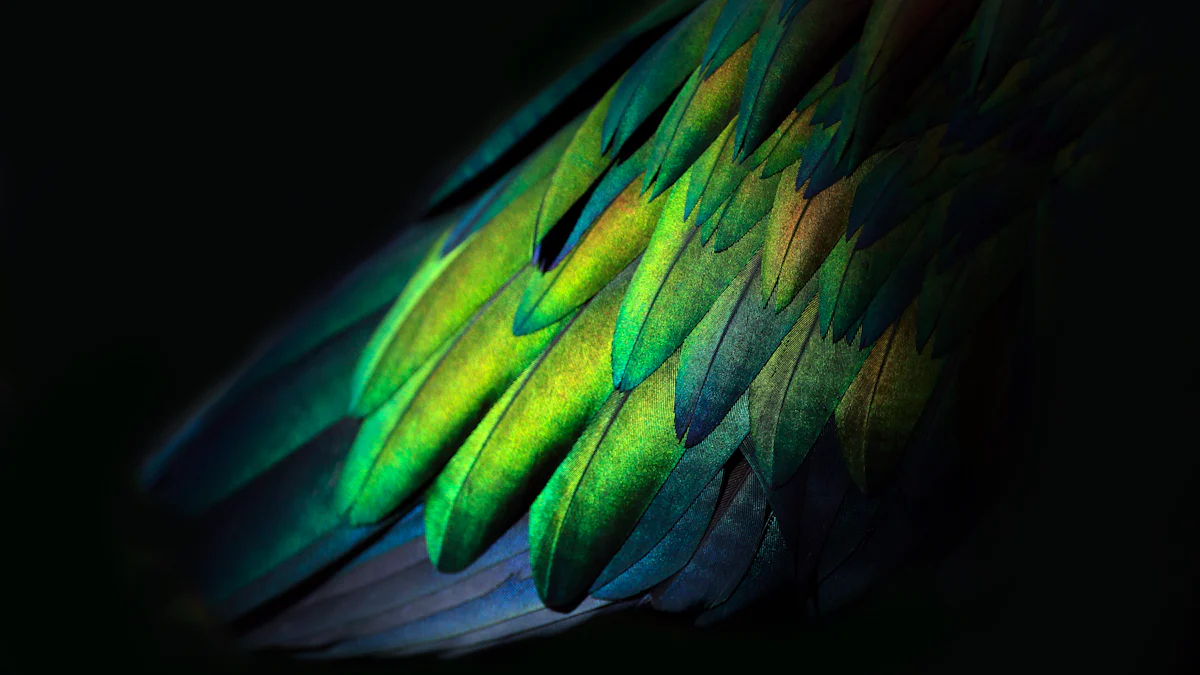
Bird feathers often appear dirty, especially in urban environments. This topic holds significant importance due to the potential health risks associated with contaminants on bird feathers. Observing feather cleanliness can reveal much about a bird's overall health. For instance, illness often manifests through deteriorating feather quality. Understanding the truth about dirty bird feathers can help bird owners and enthusiasts maintain better care practices.
Understanding Dirty Bird Feathers
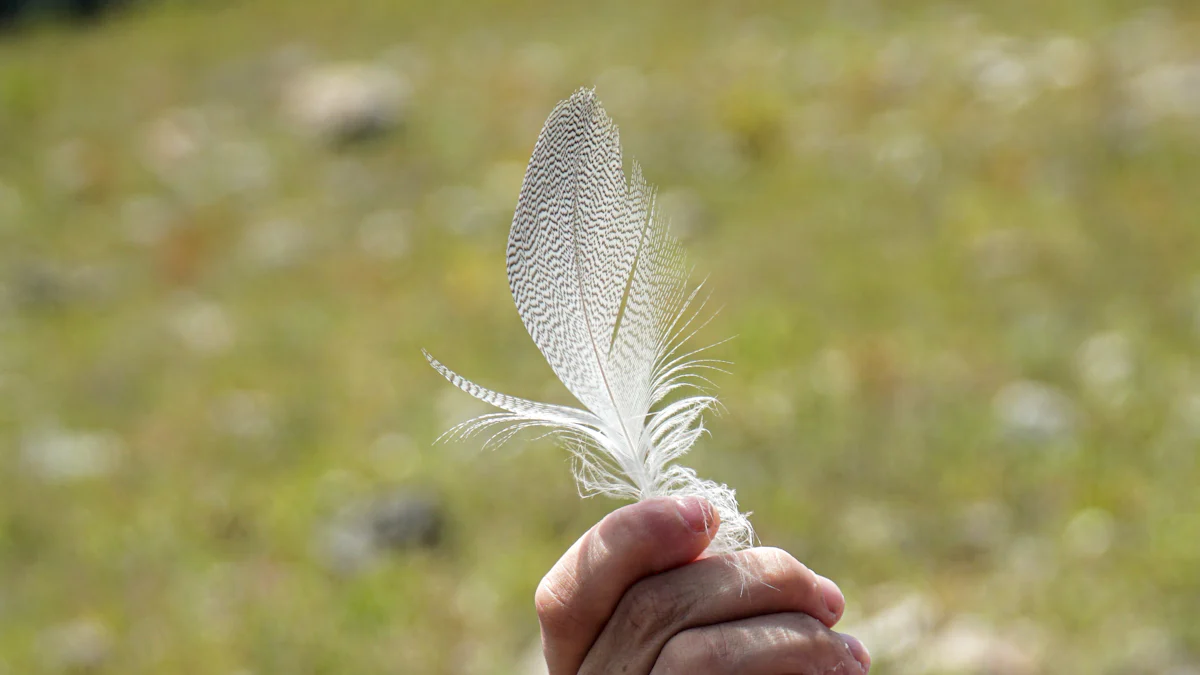
Types of Contaminants
Dust and Dirt
Bird feathers often collect dust and dirt from the environment. Urban areas have high levels of pollution, which contribute to this issue. Dust particles settle on feathers, making them appear dirty. Regular exposure to dirt can lead to a buildup that affects feather quality.
Parasites
Parasites pose a significant threat to bird feathers. Mites and lice infest feathers, causing discomfort and health problems. These parasites feed on blood or feather material, leading to damage. Infestations often result in feather loss and irritation.
Bacteria and Viruses
Feathers can harbor bacteria and viruses. These microorganisms pose health risks to both birds and humans. Contaminated feathers may carry pathogens that cause diseases. Proper sanitization helps reduce these risks. A mixture of rubbing alcohol and hydrogen peroxide effectively kills bacteria on feathers.
How Feathers Get Dirty
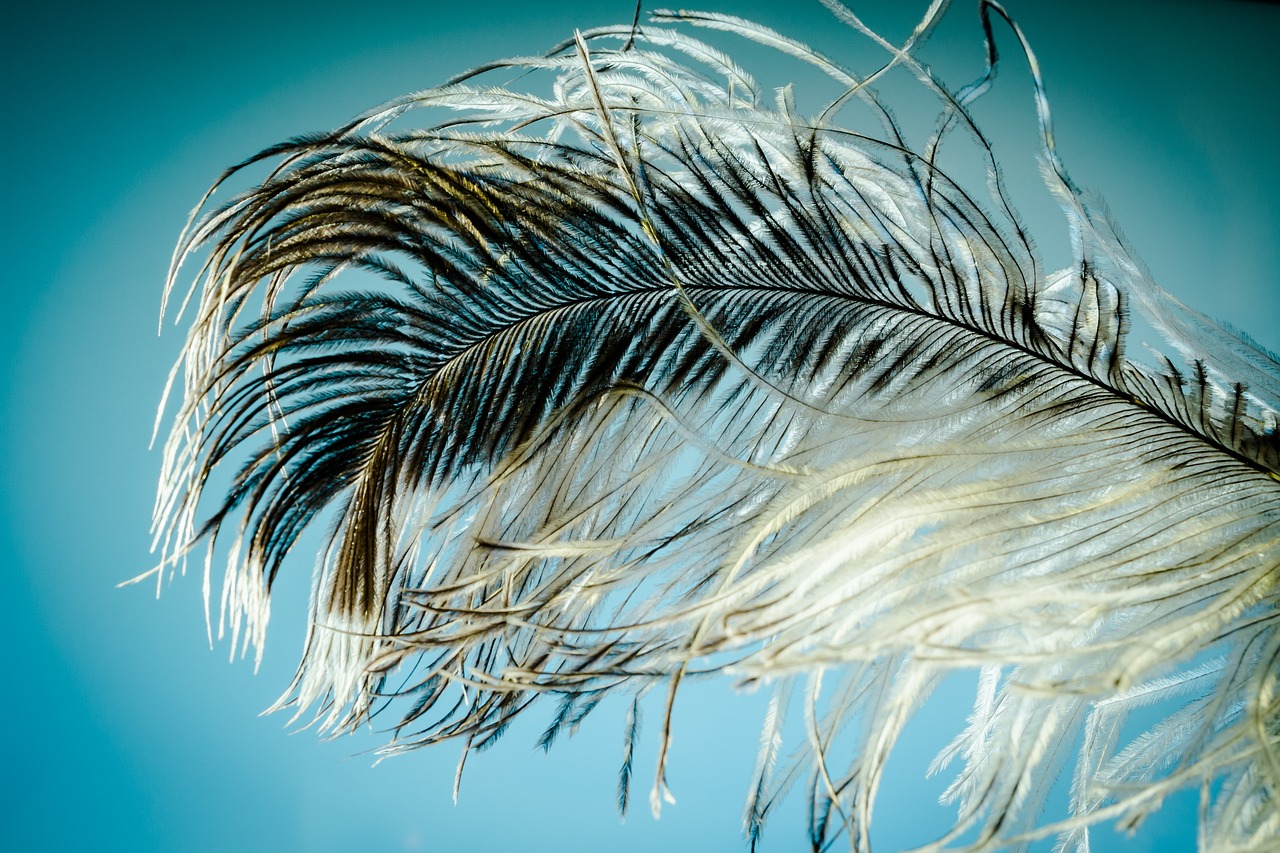
Environmental Factors
Environmental factors play a crucial role in feather cleanliness. Poor air quality impacts feather health. Pollutants in the air settle on feathers, causing contamination. Birds living in polluted areas often have dirtier feathers. Weather conditions also affect feather cleanliness. Rain and wind can carry dirt and debris onto feathers.
Bird Behavior
Bird behavior contributes to feather dirtiness. Birds engage in activities that expose feathers to contaminants. Foraging on the ground increases contact with dirt and dust. Bathing in water sources can introduce bacteria to feathers. Preening helps maintain feather hygiene but does not eliminate all contaminants. Birds in captivity require additional care to keep feathers clean.
The Impact of Dirty Feathers
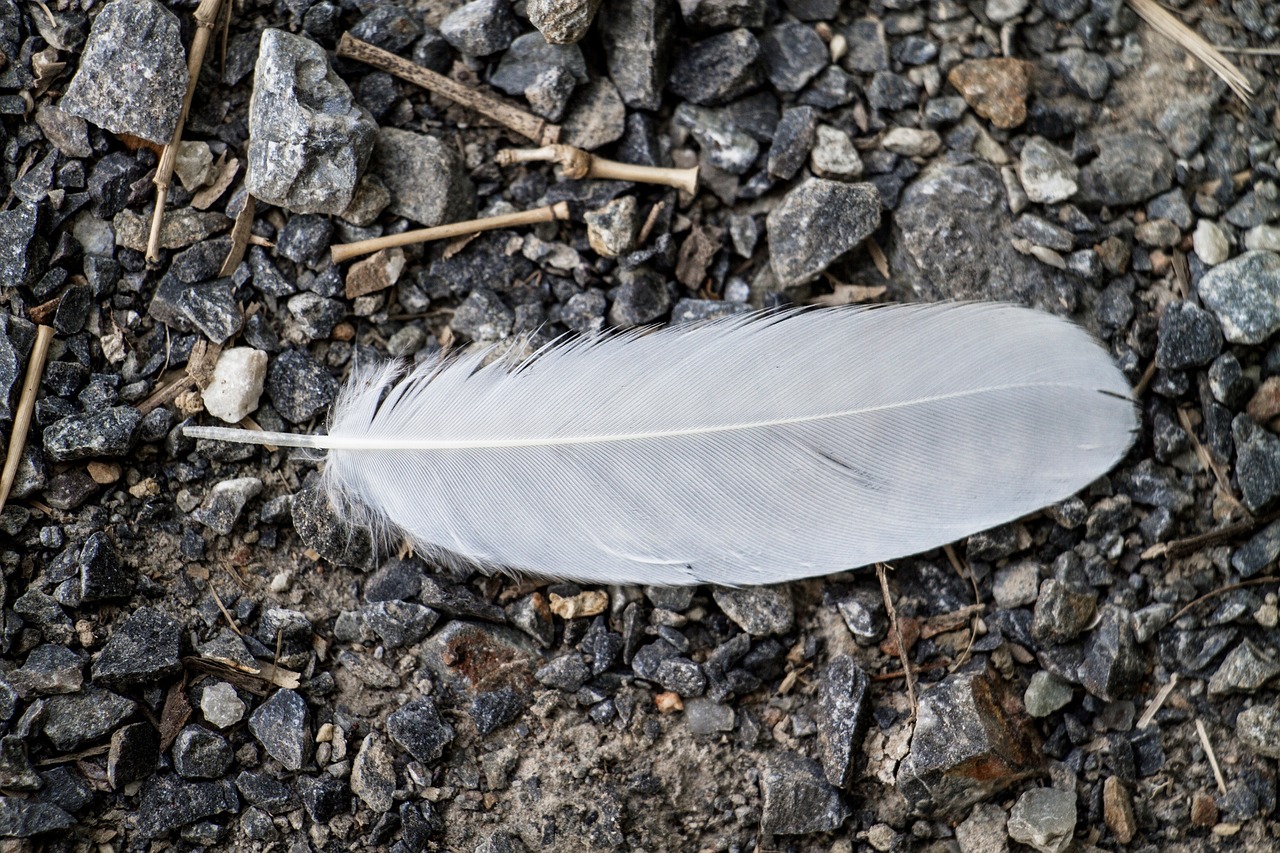
Effects on Birds
Health Issues
Dirty feathers can lead to various health problems in birds. Contaminants like bacteria and parasites cause infections. These infections often result in skin irritations and feather loss. Birds with dirty feathers may also suffer from respiratory issues. Pollutants and dust particles clog the airways, making breathing difficult. Poor feather hygiene weakens the immune system, increasing vulnerability to diseases.
Behavioral Changes
Dirty feathers affect bird behavior significantly. Birds with unclean feathers spend more time preening. Excessive preening leads to stress and anxiety. Birds may also become less active due to discomfort. Reduced activity impacts feeding and social interactions. Birds with dirty feathers often isolate themselves to avoid spreading contaminants.
Effects on Humans
Allergies and Infections
Dirty bird feathers pose risks to human health. Allergens from feathers trigger allergic reactions. Symptoms include sneezing, itching, and watery eyes. Feathers contaminated with bacteria and viruses cause infections. Handling dirty feathers without proper precautions increases the risk of illness. Children and individuals with weakened immune systems are particularly vulnerable.
Safety Precautions
Maintaining safety around dirty bird feathers requires specific measures. Always wash hands thoroughly after handling feathers. Use soap and warm water to remove contaminants. Avoid touching the face or mouth before washing hands. Wearing gloves provides an additional layer of protection. Regularly clean bird cages and living areas to minimize exposure to contaminants.
Maintaining Feather Hygiene
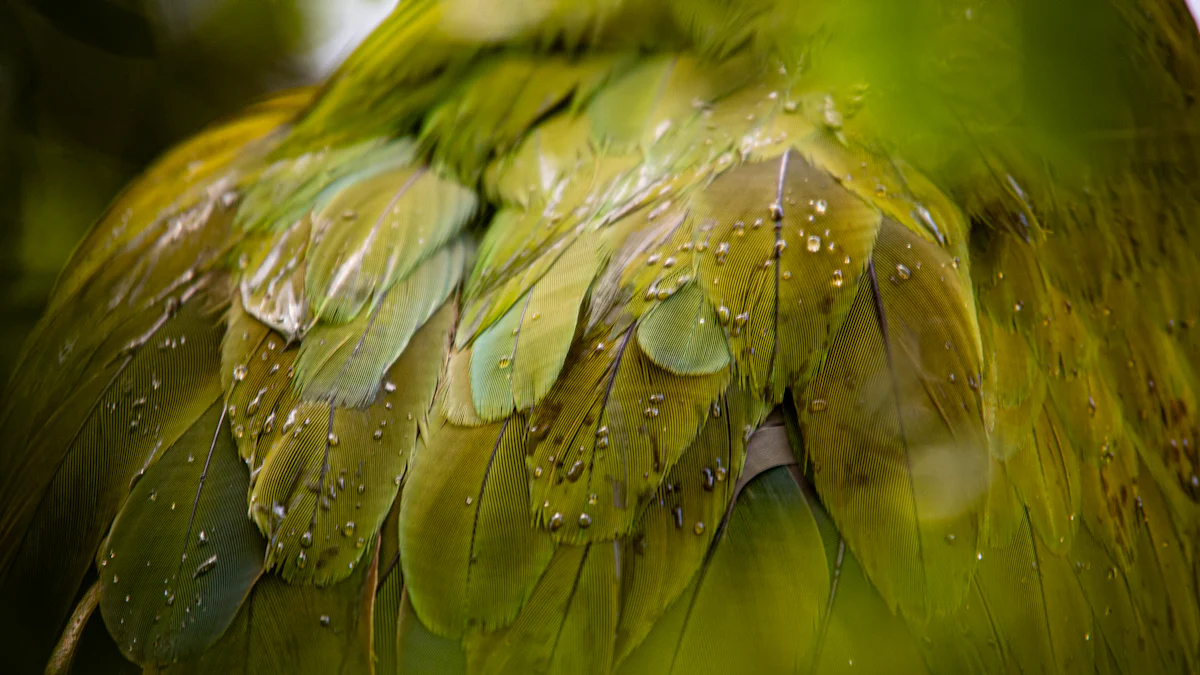
Importance of Preening
Natural Preening Behavior
Birds engage in preening to maintain feather hygiene. Preening involves using the beak to clean and arrange feathers. This behavior removes dirt, dust, and parasites. Birds also spread natural oils from the preen gland to keep feathers waterproof and flexible. Proper preening ensures that feathers remain in good condition, which is essential for flight and insulation.
Encouraging Preening in Captive Birds
Captive birds may need encouragement to preen regularly. Providing a clean and stimulating environment helps promote natural preening behavior. Offer opportunities for bathing by placing shallow water dishes or misting birds with water. Ensure that birds have access to perches and toys to reduce boredom and stress. Regular interaction and gentle handling can also encourage birds to preen more frequently.
Cleaning Bird Feathers
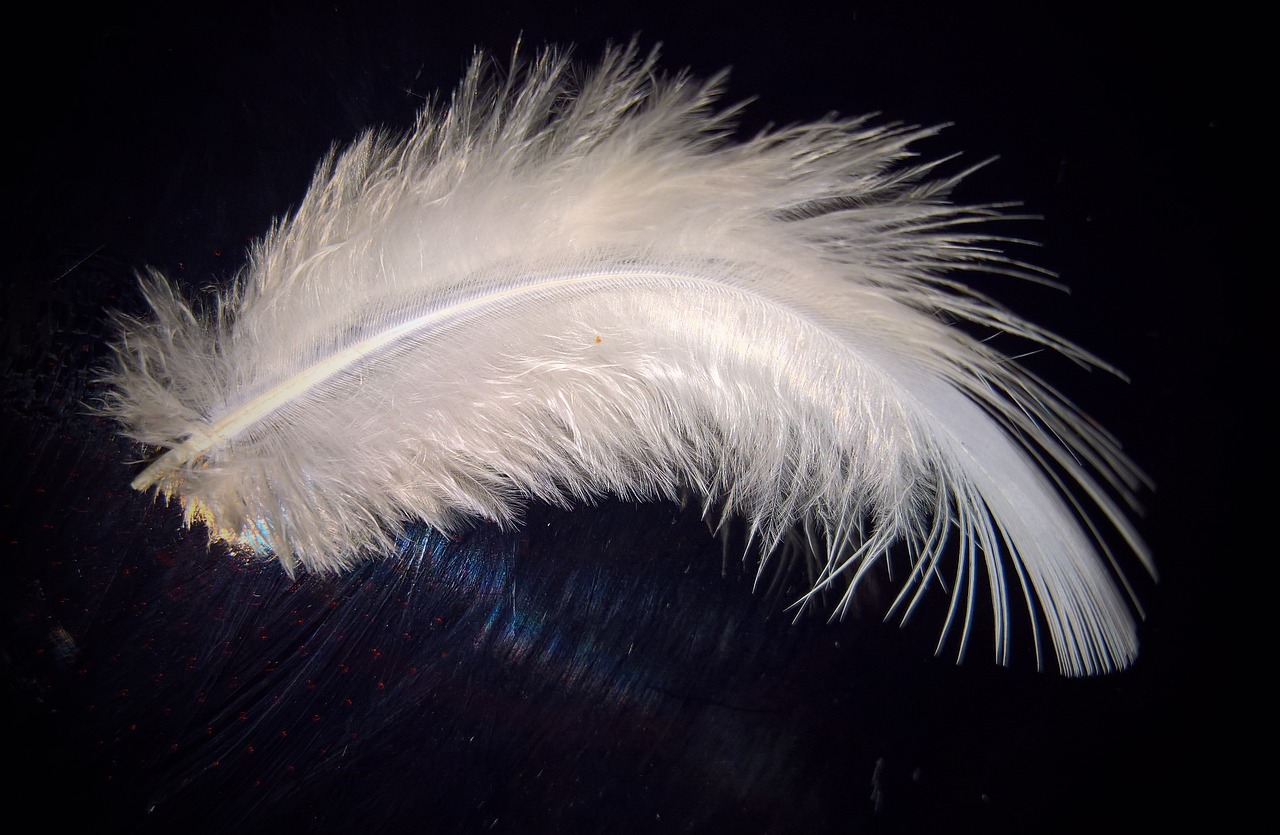
Safe Cleaning Methods
Cleaning bird feathers requires gentle methods to avoid damage. Use mild soap and lukewarm water for washing. Gently rub the feathers to remove dirt and contaminants. Rinse thoroughly with clean water to remove soap residue. Allow feathers to air dry or use a hair dryer on a low setting. Avoid pulling or tugging on feathers during cleaning to prevent breakage.
Products to Use and Avoid
Select appropriate products for cleaning bird feathers. Use mild, unscented soaps designed for delicate fabrics or baby shampoo. Avoid harsh chemicals and strong detergents that can harm feathers. Do not use products containing alcohol, as they can dry out and damage feathers. Natural cleaning agents like diluted vinegar can be effective for removing stubborn stains without causing harm.
Expert Testimony:
D. Burroughs, an expert in feather health, emphasizes the importance of compassionate care for birds. "For detailed guidance on how to care for aging birds and address issues like feather plucking that may arise from their discomfort, please visit our Plucking Relief Hub."
Maintaining feather hygiene is crucial for the health and well-being of birds. Regular preening and safe cleaning methods help ensure that feathers remain clean and functional. By providing proper care, bird owners can support the overall health of their feathered companions.
Health Implications and Recommendations

Signs of Poor Feather Health
Physical Indicators
Poor feather health often manifests through visible signs. Discoloration in feathers can indicate malnutrition or illness. Feathers may appear dull or brittle, lacking the natural sheen. Birds with poor feather health may also show signs of feather loss or broken feathers. Flaws in feathering, such as uneven growth, can signal underlying health issues.
Behavioral Indicators
Behavioral changes can also indicate poor feather health. Birds may engage in excessive preening, attempting to clean or soothe irritated feathers. Increased scratching or biting at feathers can suggest discomfort or parasite infestation. Birds with unhealthy feathers may become less active and exhibit signs of stress or anxiety. Changes in social behavior, such as isolation, can also point to feather-related problems.
Tips for Bird Owners
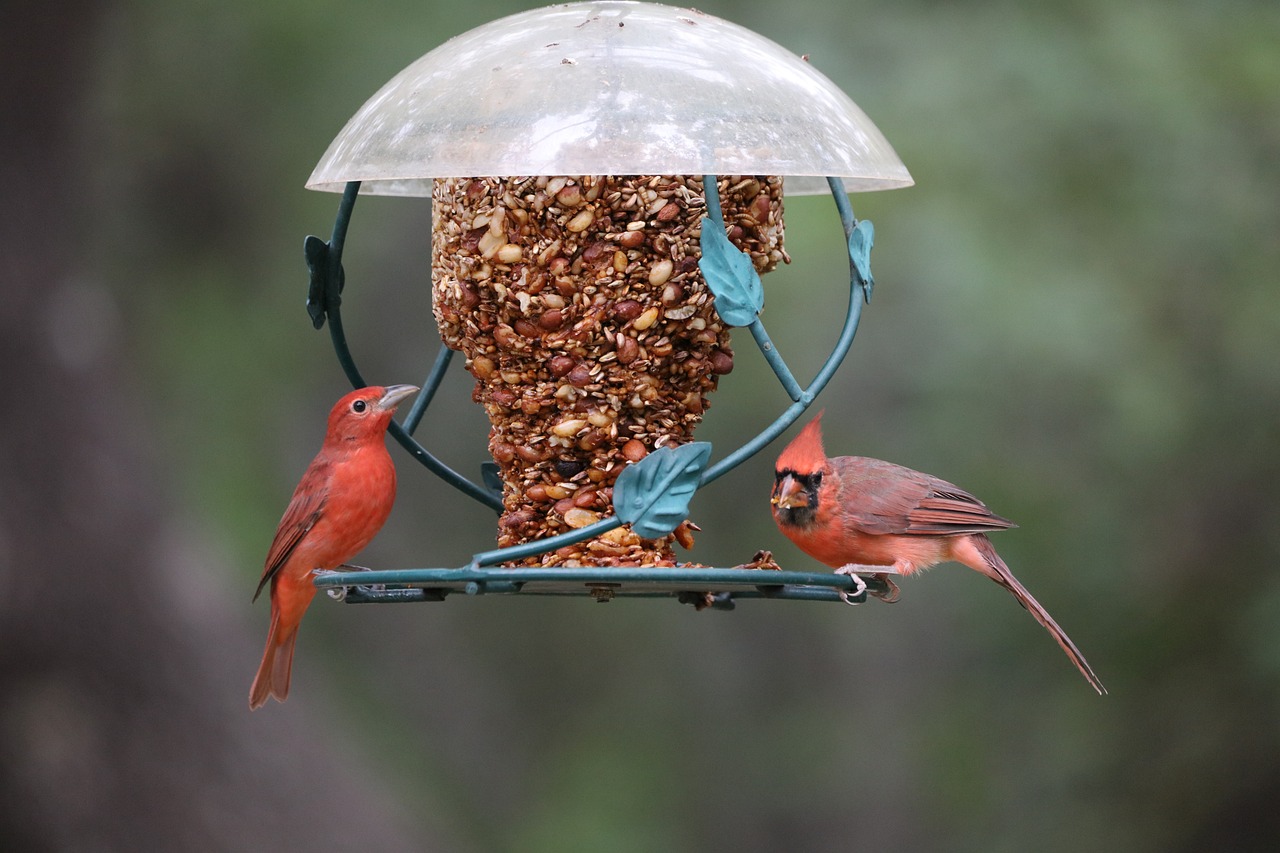
Regular Health Checks
Regular health checks are crucial for maintaining feather health. Bird owners should inspect feathers frequently for signs of damage or contamination. Veterinary visits should be scheduled regularly to monitor overall health. Nutritional assessments can help ensure a balanced diet, which is essential for healthy feather growth. Early detection of issues can prevent more serious health problems.
Creating a Clean Environment
Creating a clean environment helps maintain feather hygiene. Bird cages should be cleaned regularly to remove dirt and contaminants. Providing access to clean water for bathing encourages natural preening behavior. Air quality should be monitored to reduce exposure to pollutants. Proper ventilation and air purifiers can help maintain a healthy environment. Offering a variety of perches and toys can reduce boredom and stress, promoting better feather health.
Maintaining clean bird feathers is essential for avian health. Dirty feathers can harbor dust, parasites, bacteria, and viruses. These contaminants pose risks to both birds and humans. Proper preening and safe cleaning methods help ensure feather hygiene. Bird owners should provide a clean environment and regular health checks.
To make feather maintenance even easier, consider investing in a smart bird feeder. By combining a clean habitat with a smart bird feeder, you can give your birds the best possible care and protect their well-being. Take the first step towards healthier, happier birds - explore smart bird feeder options today!













